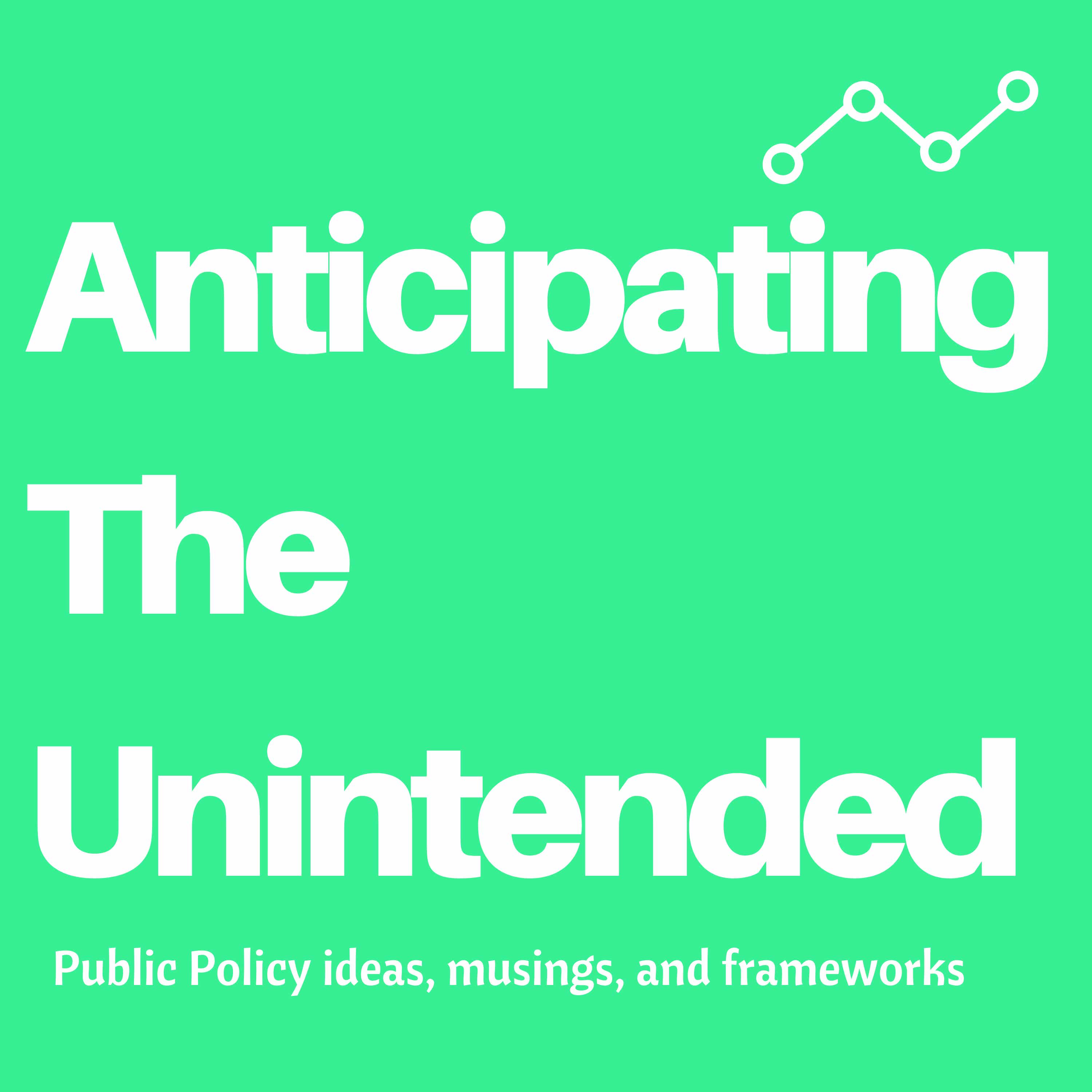#184 The Persistence Of Failure
Description
India Policy Watch: Why Do We Not Get It Right, Ever?
Insights on topical policy issues in India
— RSJ
Policies fail more often than they succeed. This is a universal truth. We love to pontificate in this newsletter on why policies fail. It is the easiest of things to do. Crafting a policy that factors in the many variables that could impact its outcome and thinking through its implementation is one of the toughest skills to master. Things change, assumptions get invalidated, implementation gets botched up, politicians lose nerve. Before you know it, you have a failed policy on the debit side of your ledger. And on the credit side? Maybe only an Akshay Kumar biopic anthropomorphising your policy.
It is a tough life being a policymaker.
Even if you manage a smooth implementation, the bar for calling a policy successful in the long term is quite high. As Allan McConnell once argued, for a policy to be deemed a success, it will have to check the boxes in all the three realms of ‘program, process and political’ outcomes. You will have to be skilled and rigorous in your policy-making discipline, remarkably prescient on how a policy will be received by its stakeholders and, importantly, plain lucky to have a policy succeed in all these three realms. Policy failures, on the other hand, are understandably more common. All it takes is to fail in one realm to be considered one.
We laze on the cushion of hindsight here every week and easily pick holes in policies around us because there are so many things that can go wrong.
And they do.
Occasionally though, we also predict the failure of a policy. This is somewhat more difficult. We have some standard tools to do this. More often than not, we anticipate the unintended consequences of a policy which often derails the expected outcomes. Policymakers often miss this because they get so taken in by their own solution that they develop a blind spot to its risks. Or, there are political or ideological compulsions that determine the choice of a policy option. As somewhat objective analysts, we don’t have these blinkers. So, we have a fair share of successful predictions about what could go wrong with a policy prescription.
Being Wrong For Long
But here’s a point. All of the above talk of policy failures makes sense when you take a shorter time horizon. Say, a decade. You could try out a policy and get it wrong because assumptions change or you didn’t think through its consequences. At the end of ten years or thereabouts, you can go back to the drawing board and rework the solution. If we go in with the assumption that most people involved in policy making - politicians, bureaucrats, experts, enlightened citizens - are sincere in trying to solve a problem and that they are equipped with the tools and knowledge to find the right answer, then they should be able to correct the course after one round of failure. In their second iteration, they should be able to arrive at a policy that has a significantly higher probability of success than the past attempt. At least, that’s what the theory says. But do they?
This is a public episode. If you would like to discuss this with other subscribers or get access to bonus episodes, visit publicpolicy.substack.com
More Episodes
Prediction Time
—RSJ
In a year when countries as diverse as India, the United States, the United Kingdom, Russia, Taiwan, Pakistan and Palau go for their elections, it is tempting to go for an overarching theme for the year while looking ahead. Unfortunately, like these aforementioned elections...
Published 01/14/24
Published 01/14/24
Happy New Year
— RSJ
Happy 2024, dear readers!
We hope 2023 was good for all of you. If it wasn’t, we are glad that it’s behind you. We didn’t have too bad a 2023 ourselves. This newsletter went along swimmingly (or so we think) and we had our book ‘Missing in Action: Why You Should Care About...
Published 01/07/24


